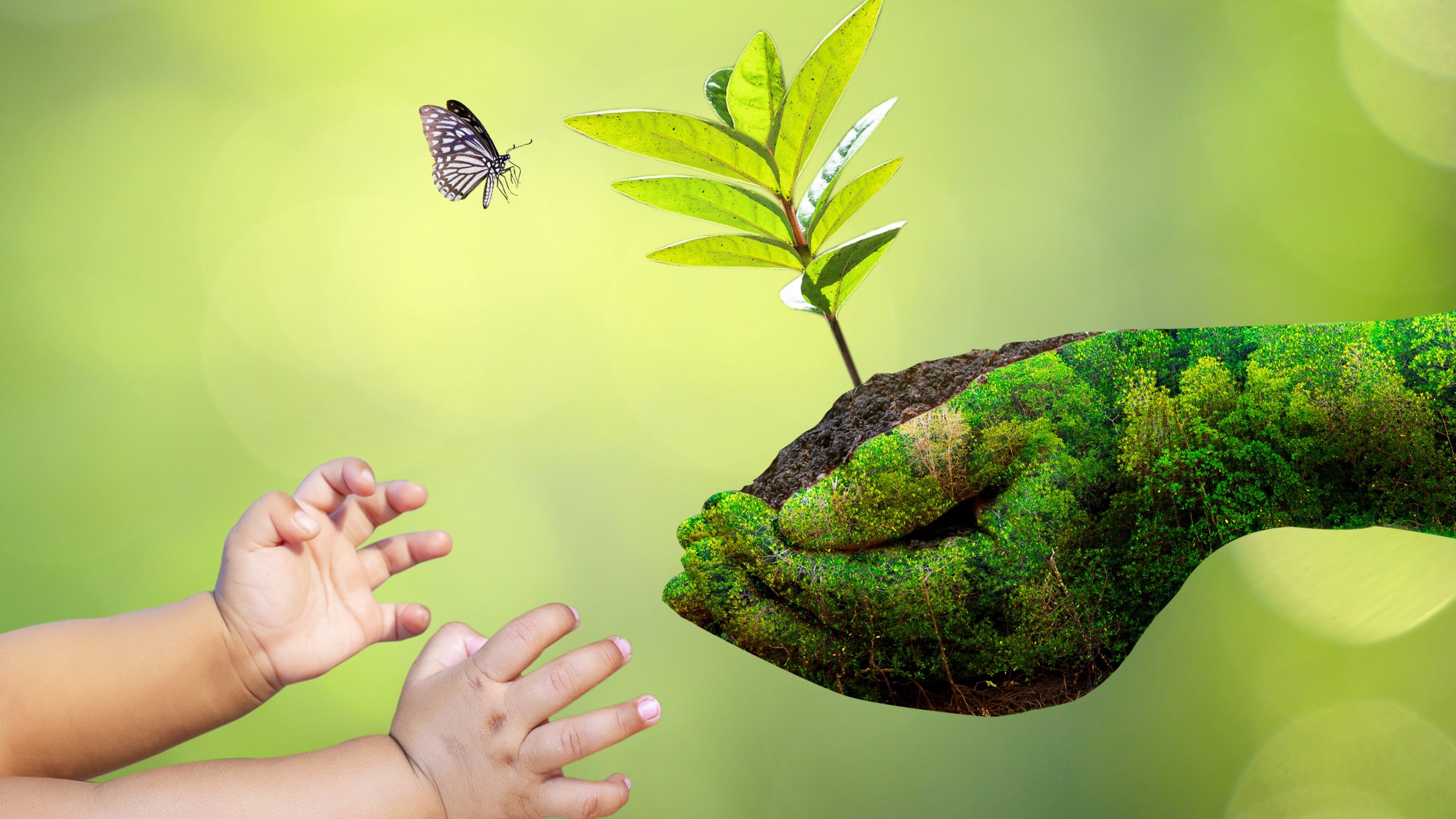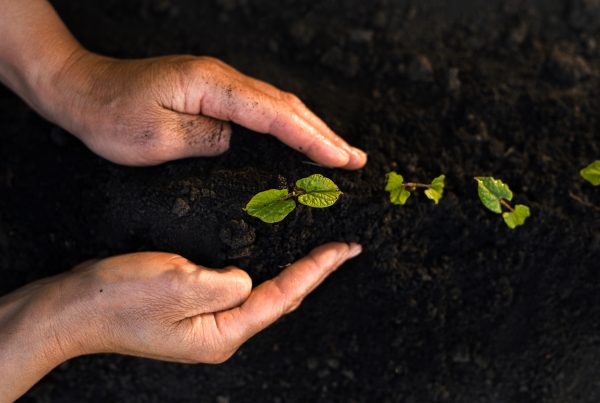Avoid misinformation and set sustainability goals for your company
It’s no secret that eco-friendly businesses are extremely popular at the moment. The problem is that many companies are jumping on the environmental bandwagon with unsubstantiated claims of ‘green’ products and processes to appeal to their target market.
Unfortunately, much of this information is unfounded by the proper governing bodies or simply untrue when you look deeper.
This concept is called ‘greenwashing’. It’s becoming increasingly common, and the wealth of misinformation is confusing customers.
That’s why it’s so important for clued-up consumers to develop an understanding of what it means to be eco-friendly, over and above what the brand’s marketing suggests. With better education, consumers can demand that companies become more transparent in their products’ composition and operations.
Identifying a ‘green’ product
Certifications are one of the easiest ways to determine if a product is actually ‘green’. As bioplastics are not readily distinguishable from regular plastics, global regions have developed their own standardisations to counteract misrepresentation and assure that the item conforms to compostability requirements. The certification is often stamped as a logo on the product itself. Internationally, several recognised benchmarks define the level of compostability a product has; the strictest of these is the Australian Standard.
Australian Standard AS4736-2006
This certification lays out assessment criteria that verify the product can biodegrade in a composting facility. It demands a minimum of 90% biodegradation within 180 days in compost, with no toxic effect of the resulting compost. AS4736-2006 certification is easily identifiable by its accompanying seedling logo. The Australian Standard sits alongside other global certifications, including EN13432-2000 in Europe and ASTM D6400-2004 in North America, and various eco-toxicity testing that ensures bio-products don’t negatively affect the environment.
OK biobased certification
An independent authorisation, the ‘OK biobased’ certification guarantees the renewability levels of raw materials. Based on checks and re-checks of the resource, the product is graded by a star system up to a maximum of four stars, determined by the percentage of renewable raw materials the product uses (% BioBased).
Look for B-Corp Certified companies
Businesses that achieve a B-Corp certification meet the highest social and environmental performance standards, transparency, and accountability. B-Corp companies lead a global shift to redefine success by creating a more inclusive and sustainable ecosystem. Attaining a B-Corp certification is a long, sometimes complex process, but more and more companies are putting in the resources to become accredited.
Transparency is key
When it comes to eco-friendly products and operations, businesses must communicate everything with authenticity. Consumers want retailers and brands to be more transparent about the sustainability of their products by making it clear where their materials and ingredients are from and sharing information about their sourcing, manufacturing, labour practices, and environmental impact. In fact, 88% of consumers look to brands to help them live more sustainably.
Stand out from the crowd with a CSR plan
The good news is that when it comes to sustainability, customers don’t expect perfection. It’s okay to admit that your business isn’t operating at the level you’d like it to be. One of the ways to navigate this is to create a Corporate Social Responsibility plan that outlines your aspirations to grow, evolve and become a more ecologically responsible business in the future.
The opposite of Greenwashing, sustainability goals are a fresh way for brands to differentiate themselves from their competition. A CSR plan is an honest, open intention to do better and can go a long way to improving your business’s brand reputation and overall consumer consideration and trust.




